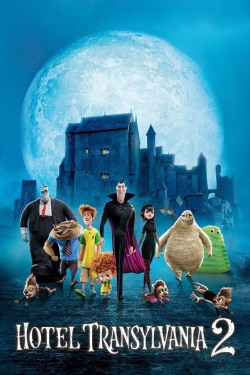Top Rated Films
Anuj Malhotra's Film Reviews
-
Unlike last year’s 10 Cloverfield Lane, Split is not given to a discussion of elaborate strategy: its cage is more existential.
-
It is a film borne out of extensive market surveys: in its dismissal of the ideas of nationhood and politics. XXX’s latest instalment seems to revitalise the old, seemingly lazy, but sinister excuse: “Relax, it’s just a movie!”
-
Resident in this tired wistfulness is perhaps the next evolution of Chan’s cinematic icon.
-
A crisis of tone permeates much of Nine Lives: it recognises itself as a children’s film and yet, most of it is immensely morose.
-
The characters cite Scarface frequently but even more interestingly, each chapter in the film begins with a line of dialogue that will determine and set its tone.
-
The greatest accomplishment of the film — as of say, a Baby’s Day Out — is their assimilation of the diverse landscapes of the city itself.
-
It starts in a quaint, interesting, post-Tarzan manner, almost as if the film were a sequel. The film founds itself on an assumption of its lead character’s established presence in popular lore — as such, it spares us the tedium of a linearly delivered origin story, which is rendered, instead, through brief flashbacks.
-
The film attempts to employ elements of genre — like most other similar films, including director Rawson Marshall Thurber’s superior We’re the Millers (2013) do — as a mere background (a circumstance, an environment) for the actual crisis: individuals helping reach each other emotional maturity, but in this case, they end up serving as an unfortunate distraction.
-
Despite being set across multiple environments: a tropical island, a high mountain, an ocean and later, another, densely populated island-city, the film features no real sense of wonder or adventure — and instead, reduces it to a pursuit of accurate, boring physics, but not very complimentary to the immense probabilities of animation itself.
-
The film’s greatest accomplishment — notwithstanding its superfluous, sequel-inducing epilogue — is the remarkable consistency of tone (director Dan Trachtenberg) with which it is constructed. It sustains a slowburn gloom throughout its considerable runtime, through its characters’ schemes, their counters, tender filial recollections, the first signs of Stockholm Syndrome, of faith, and then, the discoveries of murder, moments of violence and ultimately, the film’s renovation into a new genre.

























